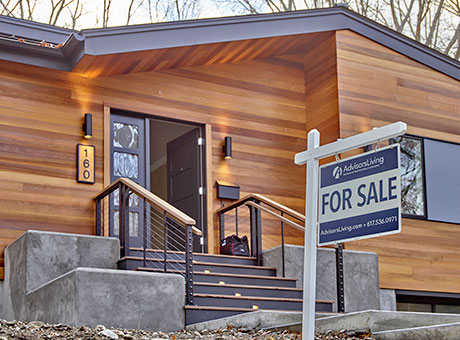Companies such as Vacation Rental by Owners, AirBnB, and others make it easy to rent out your vacation home to travellers as a side or full-time income stream. However, the Canada Revenue Agency requires that you report revenue you earn from renting out your home as income. Luckily, the CRA also allows you to deduct business expenses from the revenue you report.

Understanding Tax Obligations for Your Holiday Rental Property
How to Report Income and Expenses for Your Holiday Rental Property
The CRA has you report rental income and expenses on Form T776. For your vacation rental home, add up all the income you earn from customers from the start of the tax year to the end of the tax year, and declare it as income. Then you can deduct certain expenses from that to lower your tax bill.
For example, if you earn $200 from a renter for a two-night rental of your home but you spend $15 to advertise the property to potential renters, you have a profit of $185.
Other types of expenses to deduct include:
- Interest on your mortgage payments for the property
- Utilities, provided that your customers don’t pay for utilities as part of their rental payment
- Fees to hire a professional cleaner after the vacation renters move out
- Depreciation on any furniture you buy for the place
The CRA also lets you write-off certain capital expenses incurred when you make long-term improvements to your vacation rental, such as adding new siding, installing hardwood flooring, or purchasing new appliances for the kitchen. Capital expenses represent a long-term investment that lasts for years within the house.
If you use the vacation home for personal use, you cannot deduct expenses related to personal use. For example, if you use your vacation rental home as your home for six months and your annual water bill is $600, you can only include $300 of that as a business expense.
Tracking Your Income and Expenses From a Holiday Rental Property
Accounting software, such as QuickBooks Online, allows you to track your income and expenses. In addition to tracking how your holiday rental property performs, you can send invoices to customers and allow them to make online payments ahead of their stay in your lovely home. This cuts down on paperwork and streamlines your operations so everyone has a relaxing vacation.
Computer software keeps all of your financial data in one place, which makes it easier to identify income and deductions as you prepare for tax time every spring. QuickBooks can help you maximize your tax deductions. Keep more of what you earn today.


